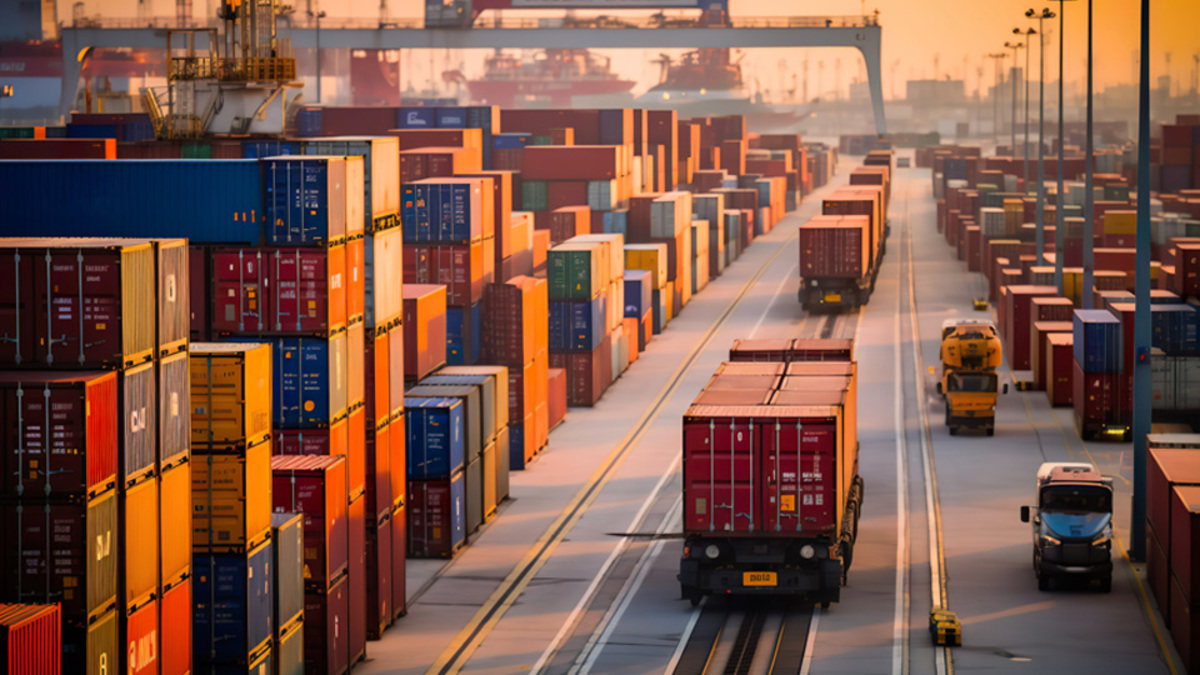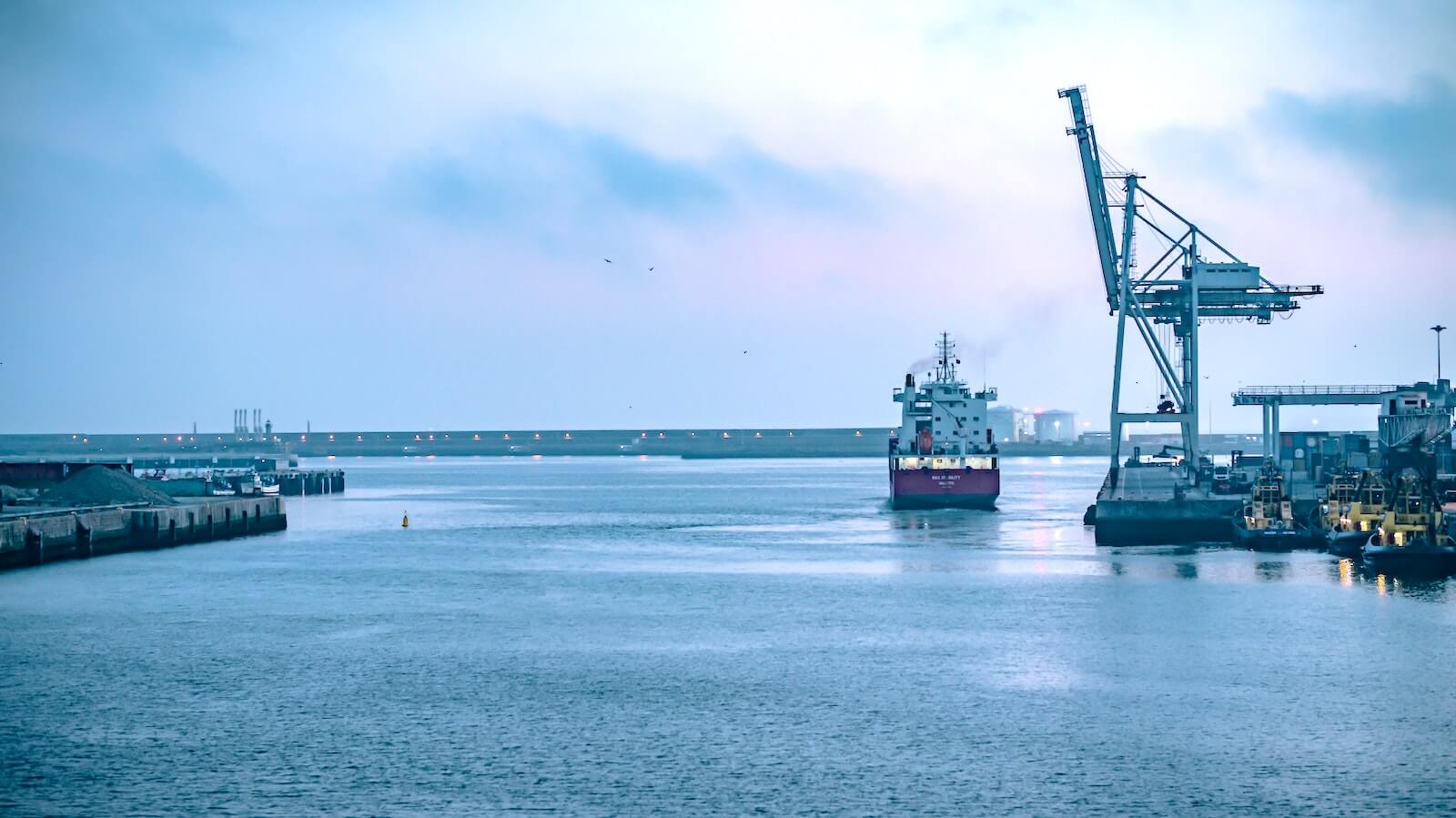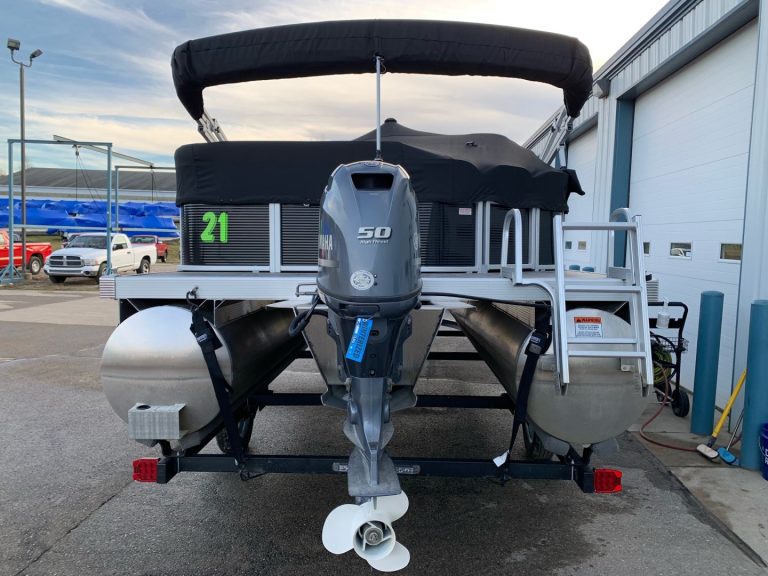Tag: Leveraging Logistics
Smart Shipping Solutions: Preserving Success in World Trade
For companies trying to remain compliant and competitive in the worldwide market of today LTL and FTL shipping choices are crucial. Following different shipping rules is more difficult as international borders open fewer restrictions for trade. Ensuring compliance in international shipping not only reduces legal risks but also helps trade partners to be reliable and trustworthy. This introduction to global compliance will look at the key tactics companies use to negotiate the complex web of international shipping rules and regulations, therefore guaranteeing effective worldwide operations.
Dealing with International Shipping Policies
Negotiating the maze of foreign trade rules is no minor task. Every nation has unique policies controlling the import and export of goods, which could differ greatly between them. Businesses that want their products not delayed, fined, or seized to be sure they understand these rules. Compliance calls for careful documentation, accurate product classification, and conformity to globally applicable shipping standards.
Compliance Officers’ Role
Many firms designate specific compliance officers to properly oversee adherence. These experts have to be current on all trade laws and rules from across the world that can impact their company operations. They guarantee that all shipping procedures satisfy legal requirements and usually carry out frequent audits to find and fix possible compliance problems before they become a concern.
Compliance Tools from Technology
Simplifying the complexity of international compliance depends on technology in great part. Automated solutions guarantee that all shipping paperwork is accurate and thorough as well as help monitor changes in rules. Advanced tracking systems and data analytics help companies foresee compliance problems and act early on their resolution. These technologies not only raise efficiency but also greatly lower the possibility of non-compliance fines.

Learning and Ongoing Education
Maintaining compliance in international shipping also depends critically on personnel ongoing training. Frequent training courses keep staff members current on the most recent shipping best practices and legislative changes. Any company running internationally depends on a culture of responsibility and vigilance, which is developed by teaching staff members about the need for compliance.
Businesses have to give compliance with international shipping rules a priority as we negotiate the changing terrain of global trade, thereby preserving their operations. Not only a legal need but also a strategic advantage is using LTL and FTL transportation techniques sensibly and making sure all procedures follow the most recent legal criteria. Investing in competent compliance officers, using technology, and stressing ongoing education can help companies succeed in the challenging and sophisticated realm of global trade. Companies can use correct tactics to make regulatory obstacles chances for development and success rather than problems.
















